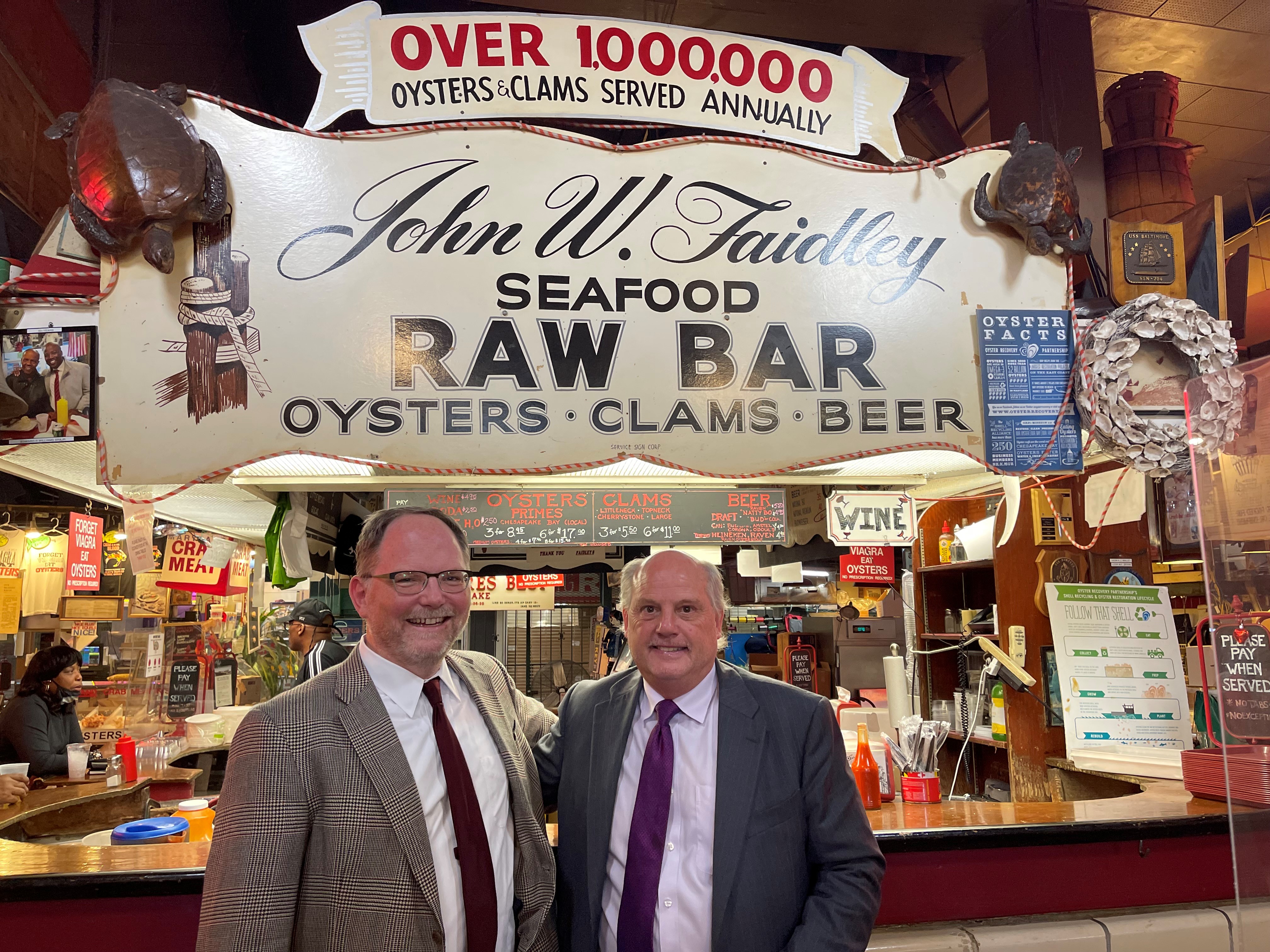Should corporations factor in employees’ interests when making management decisions? That was the topic of the Anchor Event hosted by Business Law Professor Will Moon on October 24th. With distinguished guests including former Chief Justice of the Delaware Supreme Court Leo Strine, Jr., Professor Matthew Bodie, and journalist David Marcus, the panel discussed the history of labor and employment laws and the current trends of corporate law intersecting with employee rights.
Professor Bodie, the Robins Kaplan Professor of Law at the University of Minnesota, shared his insight into the intersection of corporate law and employees’ rights. For the vast majority of workers in the corporate world, a convergence of economic, legal, social, and political factors has effectively rendered labor law ineffective as the employees rarely have the ability to become owners. As the gap continues to grow between productivity and the employee’s interest, he relayed that society is at a unique place in history with corporate unions expanding. The separation of ownership and management plays a key part in corporate law but as unions form, that traditional separation is transforming the legal landscape.
David Marcus, a senior writer for the Deal, suggested a closer look at the “ordinary course” of doing business and should be reconstructed. In this day and age, there is no “ordinary course” and the terms of doing business need to change. Mr. Strine, the author of important corporate law rulings and scholarly articles, furthered the discussion with a historical review of employment rights and suggested where corporate law needs to go. Highlighting the societal power that corporations hold, no longer just in the economy, but in a variety of societal interests, he proffered that resolutions are possible such as workforce committees on the corporate boards to represent employees’ interests.
The discussion was continued during the Fireside Chat with Former Chief Justice Strine with alumni and business law students in attendance during an intimate chat between David Marcus and Mr. Strine, both of whom are Baltimore natives. During the session, they discussed the past, present, and future of American corporate law, relating it to evolutions in Baltimore’s economic and social history.
Strine shared his thoughts about the current state of affairs involving corporate law’s role in society and relayed that he “used to think corporate law should stay in its lane,” but he “now believes corporate law needs to balance the increased power of stockholders” to allow companies more room to protect stakeholders like employees and also to check corporate influence-seeking in light of the outsized role corporate political spending now plays in the political process. He suggested that corporations should consider the interests of employees and shareholders with a focus on raising wages and helping employees save to help all workers and close the racial and overall equality gap that is creating social division.
The chat was followed by a reception in the Atrium where students had the opportunity to engage with the panelists.

